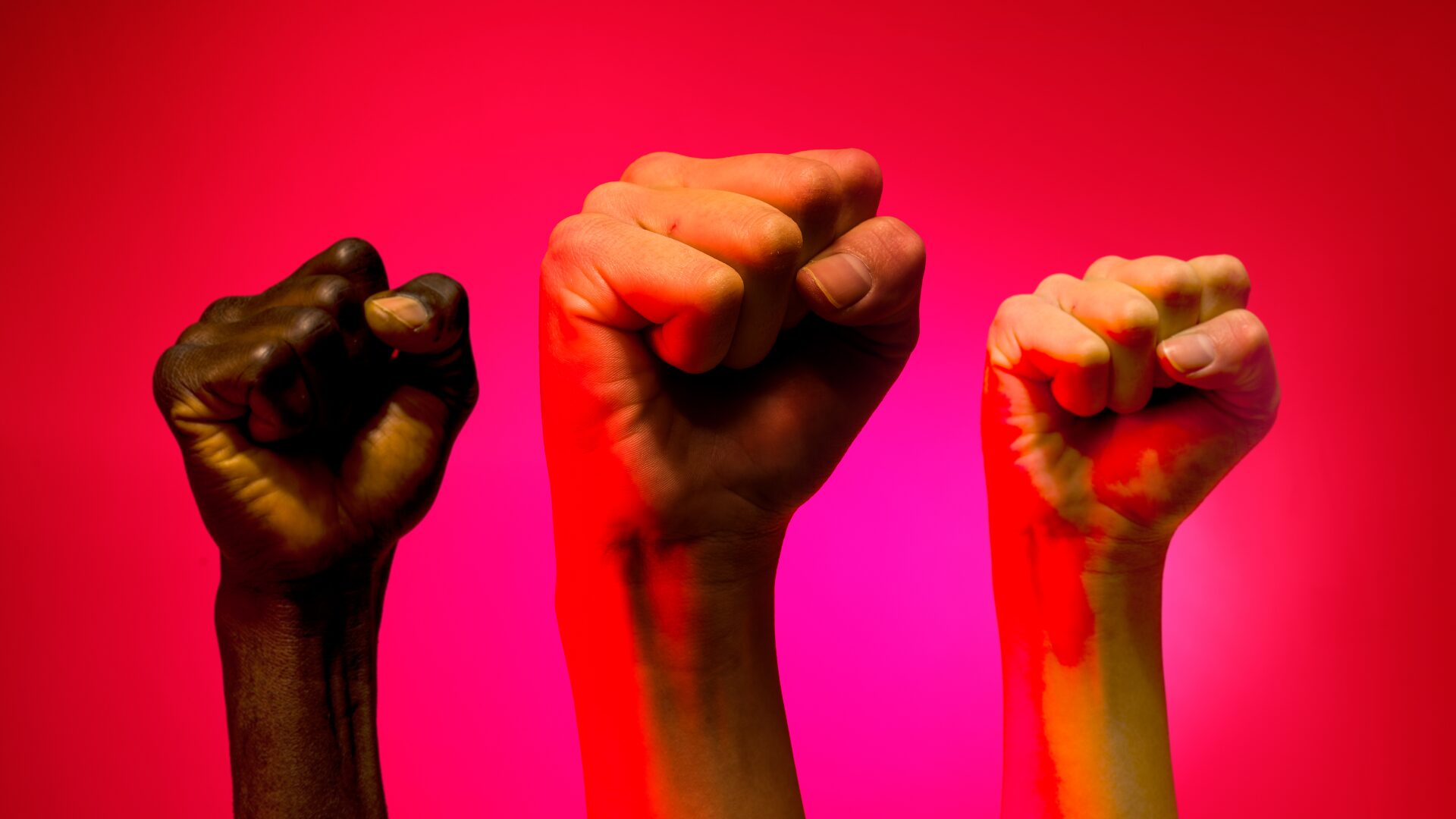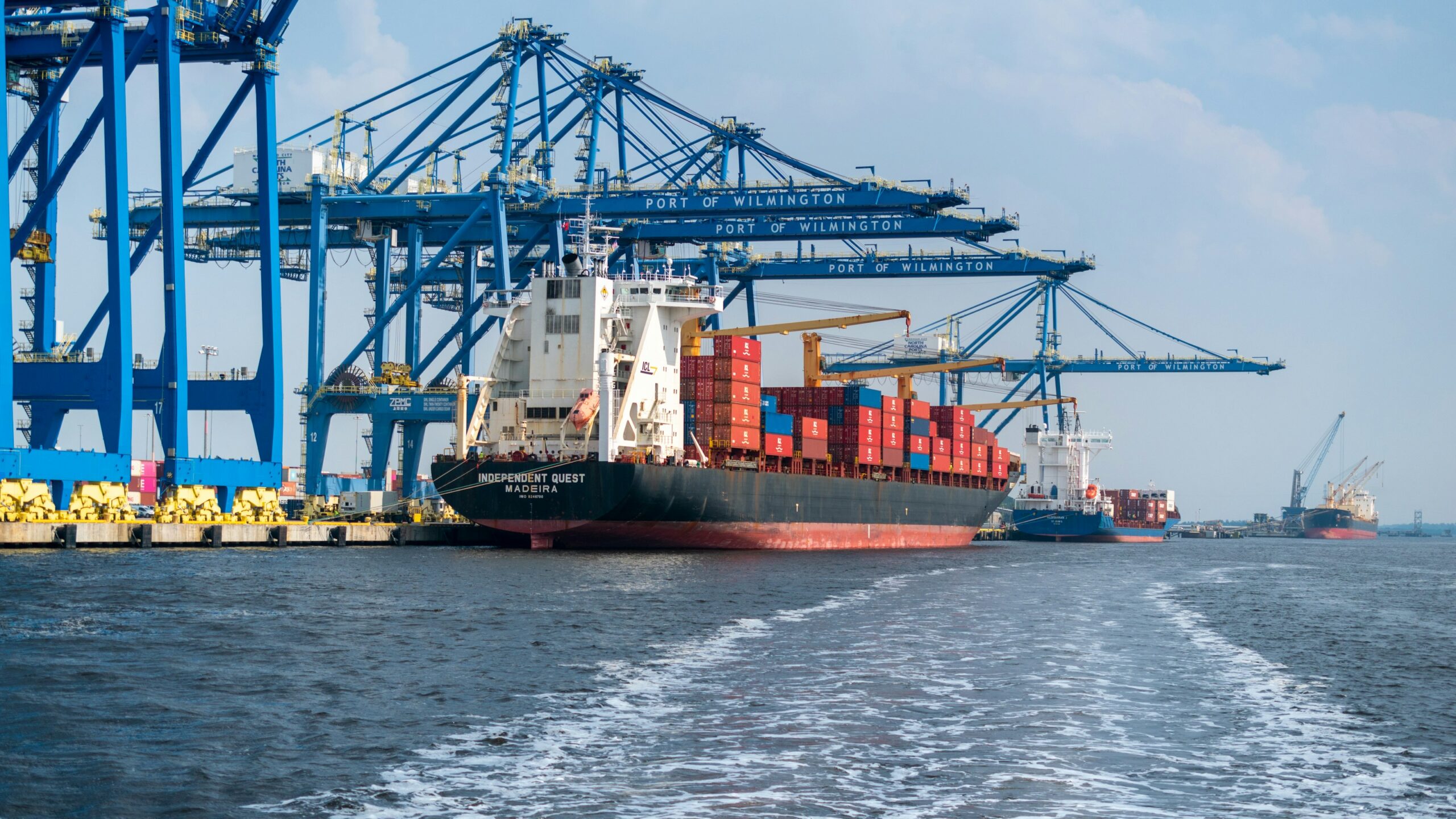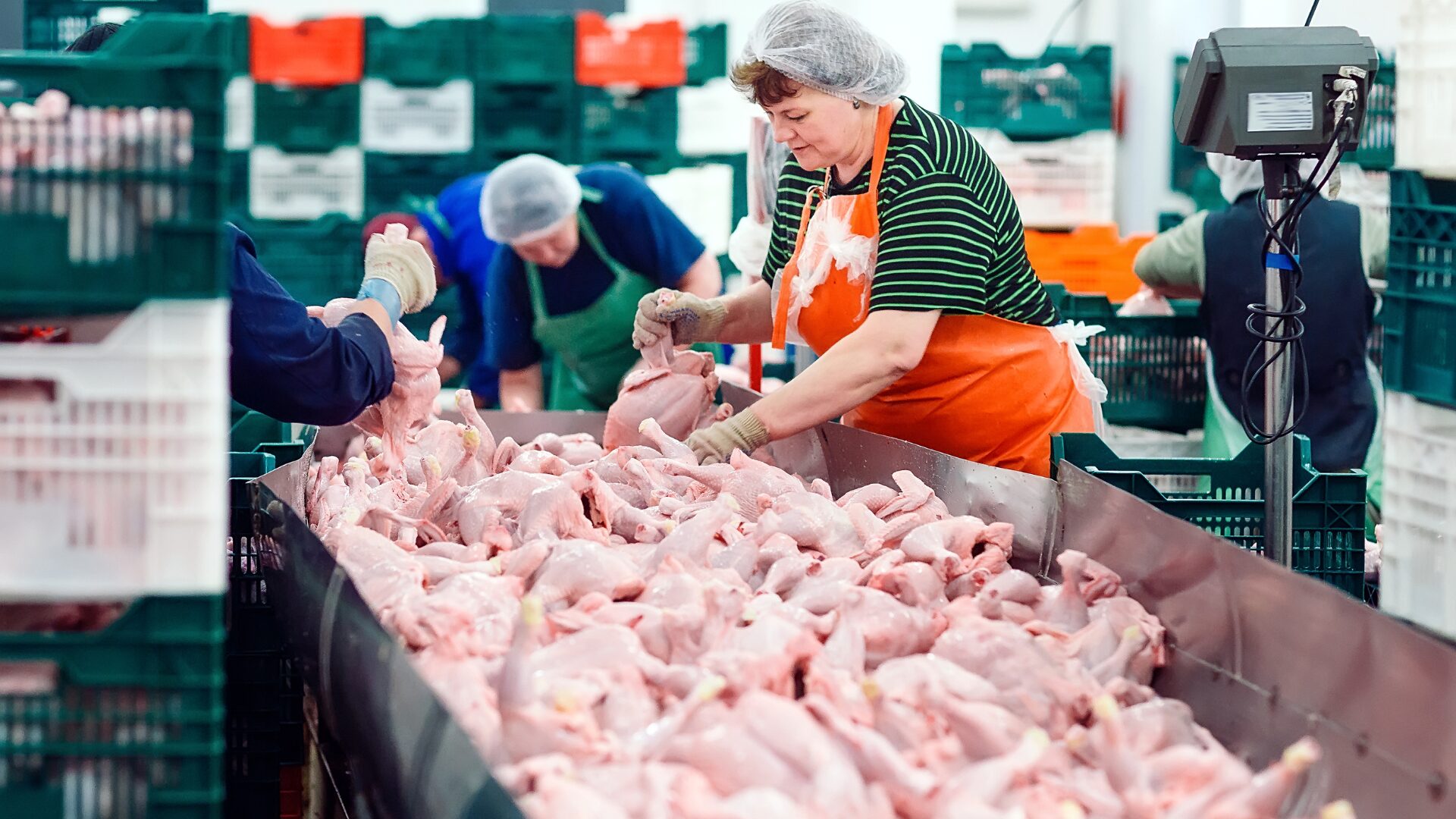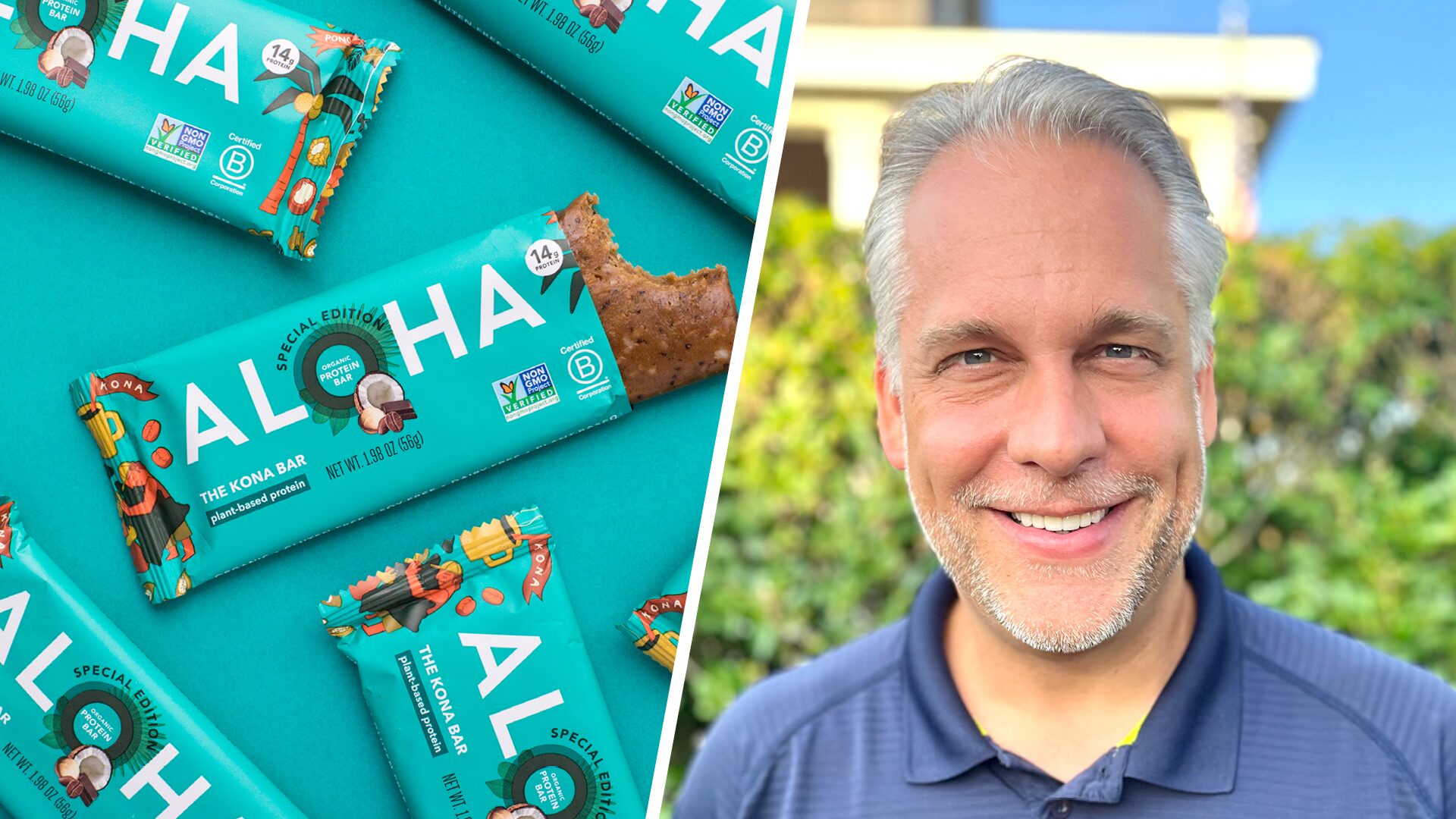In the inaugural episode of FI Spotlight, Susan Choi—Director of Digital Content at The Food Institute—delved into the tumultuous landscape of labor relations in the United States, where a significant rise in both union election petitions and widespread strikes underscores a stark disconnect between employers and employees.
The post-pandemic era has truly been the time of the worker:
- 53% Increase of Union Election Petitions (Oct 2021 – Sept 2022)
- 500,000+ Workers Staged Nearly 400 Strikes (Jan – Nov 2023)
Amidst this backdrop, Brad Charron, CEO of Aloha—a pioneering employee-owned, plant-based protein products company—shared his insights on navigating the complexities of modern labor relations.
Charron emphasized the absence of a one-size-fits-all solution, particularly given his company’s non-unionized, factory-independent status, which contrasts sharply with giants like General Motors or Starbucks.
Brad highlighted the current disruptions—ranging from the COVID-19 pandemic to supply chain chaos—stressing the essential role of trust and transparency in bridging the employer-employee divide. According to Charron, the best companies foster a culture where success is a collective achievement, devoid of misaligned incentives or departmental rivalries.
Exploring the roots of the current discord, Charron points to myriad factors including societal shifts, generational changes, and the rapid adoption of remote work, compounded by unprecedented challenges like inflation and political polarization. He argues that people’s inherent desire for consistency and predictability has been upended, contributing to workplace frustrations.
“I think from an employer standpoint, what you can do is try not to move the goalposts…on the employee side, I think you also have to assume positive intent. I think that there can’t be an us versus them mentality.”
To foster healthier working relationships, Charron advises employers to maintain clear, unchanging goals and encourages employees to assume positive intent, promoting mutual understanding and respect. He exemplifies these principles through Aloha’s employee-ownership model, which he believes instills a vested interest in the company’s success, aligning incentives and encouraging a shared responsibility for outcomes.
While Charron expressed a wish for more companies to adopt employee-owned structures, he acknowledged the challenges posed by investor expectations and governance models. He remains optimistic, however, that fostering a win-win scenario and embracing a karma-driven approach can lead to more successful, harmonious workplaces.
Watch Susan and Brad’s full conversation on YouTube.











